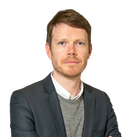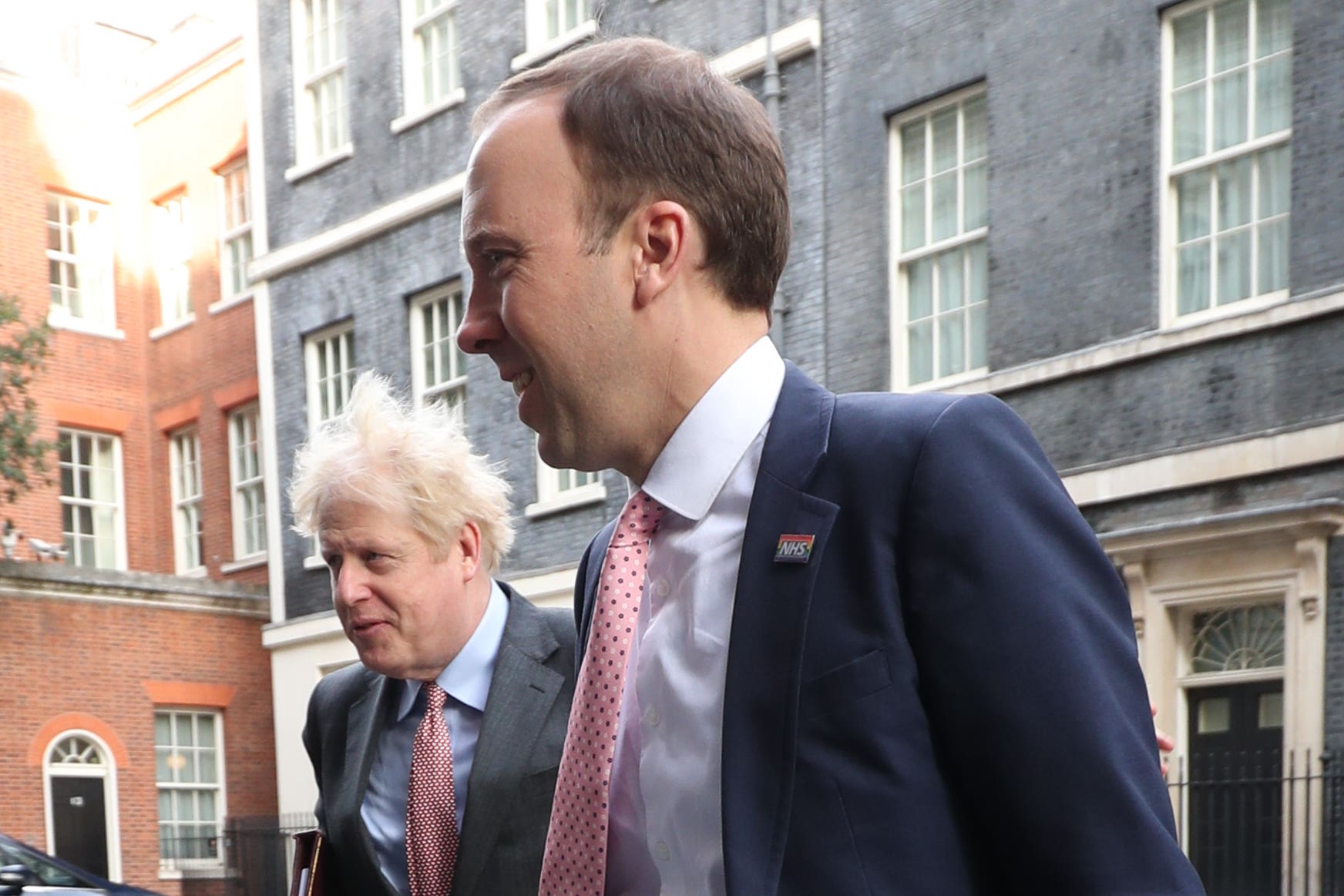Boris Johnson and the mystery phone that could unlock the secrets of Britain’s Covid response
The Covid inquiry is hoping to discover crucial conversations from the height of the crisis once the former PM’s device is finally handed over, writes political correspondent Adam Forrest


Boris Johnson’s mystery phone has been the subject of a frenzied battle for control at the highest levels of power, with competing claims about who should have access, how the device should be switched on, and what might actually be on it.
The old iPhone – known as “Phone 1” in Whitehall – has been at the centre of a major row between the former PM, Rishi Sunak’s government, and the Covid public inquiry looking at how Britain handled the pandemic.
In a farcical turn of events, the final deadline for Mr Johnson’s material to be handed over was missed earlier this week because the former Tory leader had forgotten his passcode.
Mr Johnson’s allies claim he didn’t forget the PIN, exactly – he just couldn’t recall it. Reports suggest that government officials have verified the digits, and the final wrangling over switching it on safely appears to be under way.
So what exactly is on the former Tory leader’s former phone? Will it be worth the fuss when the data is finally retrieved?
The device contains all of Mr Johnson’s messages from the start of the Covid pandemic until May 2021, when he was forced to switch to a new device after it emerged that his mobile number had been freely available on the internet for 15 years.
So the messages to be raked over by Covid inquiry chair Baroness Hallett will include any WhatsApp and text conversations Mr Johnson may have had about those intense weeks leading up to the national lockdown decision in March 2020.
We already know about some of the then PM’s conversations about key Covid-era decisions from Matt Hancock’s WhatsApp messages, which were leaked to The Daily Telegraph earlier this year by the co-author of Mr Hancock’s book, Isabel Oakeshott.
Mr Johnson has been nicknamed “the trolley” by his former strategist Dominic Cummings, and the messages appear to show a leader veering between frustration with lockdown and acknowledgement of the need for tougher curbs.

One exchange between Mr Johnson and Mr Hancock in June 2020 suggests that the then prime minister wanted to lift the first lockdown restrictions early. The messages refer to his desire to do “some more for families” and to open up “a bit of outdoor hospitality” by lifting more curbs than planned on 15 June.
He told his health secretary his ideas, but admitted his advisers were less keen, saying that they “still think the whole package will be too far ahead of public opinion”, with Britons still very wary of the virus’s spread at the time.
Mr Hancock told him it was “too soon for outdoor hospitality – and they’re not expecting it until next month”. In the end, restrictions on pubs and restaurants weren’t lifted until July that year.
So how sceptical was Mr Johnson about his own national lockdowns? Sources have claimed that the then PM said “Let the bodies pile high” before reluctantly agreeing to the November 2020 lockdown – a remark he has denied having made.
The leaked messages show that in August 2020, Mr Johnson shared a Spectator article about the controversial idea of “herd immunity” – the idea of allowing the virus to make its way through the population – with his chief medical officer Chris Whitty.
Mr Whitty told the then PM that “we do not yet know whether immunity to Covid is long-lasting enough to achieve population immunity” – before Mr Johnson told him he accepted the point and said “I apologise”.

The series of August 2020 messages also show that Mr Johnson was cynical about the idea of asking more than 2 million vulnerable Britons over the age of 65 to keep shielding completely in order to avoid Covid.
In a conversation with Mr Hancock and advisers, Mr Johnson said: “If you are over 65 your risk of dying from Covid is probably as big as your risk of falling down stairs. And we don’t stop older people from using stairs.”
The PM added: “If I were an 80-year-old and I was told that the choice was between destroying the economy and risking my exposure to a disease that I had a 94 per cent chance of surviving, I know what I would prefer.”
Despite his scepticism, the Johnson government reintroduced a shielding policy for subsequent lockdowns in November 2020 and early 2021.
There may also be some crucial conversations about schools for the Covid inquiry to pick apart. Mr Hancock’s messages show that after Mr Johnson sided with the education minister at the time, Gavin Williamson, to reopen schools in January 2021, the then health secretary said: “The next U-turn is born.”
The messages also show Mr Johnson’s shaky grasp of statistical maths. Mr Johnson believed that only 0.04 per cent of Covid cases resulted in a death, when the 0.04 figure was actually the probability death rate – meaning it was 4 per cent. “Eh? So what is 0.04 if not a percentage? (Five marks; show working),” he asked his advisers.
However trivial, amusing, embarrassing or controversial Mr Johnson’s casual chats prove to be, Lady Hallett will want to look at everything and anything related to Covid. But the inquiry chair will not get to hang on to anything unrelated to the crisis.
Her team will get the chance to grill Mr Johnson in person when he appears in front of the inquiry later this year, with the date yet to be confirmed. Let’s hope it doesn’t take as long to arrange as the provision of his phone messages.
Join our commenting forum
Join thought-provoking conversations, follow other Independent readers and see their replies
Comments



Bookmark popover
Removed from bookmarks